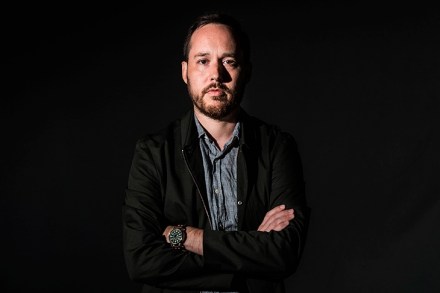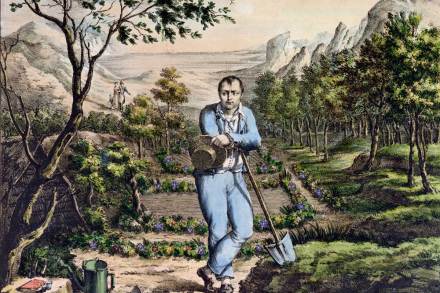Happy 80th birthday, Bob Dylan
40 min listen
In this week’s Book Club podcast, we’re celebrating the 80th birthday of Bob Dylan. My guests are the former Poet Laureate Andrew Motion, and Clinton Heylin, the Dylanologist’s Dylanologist and author most recently of The Double Life of Bob Dylan: A Restless Hungry Feeling 1941-66. I ask what makes Dylan special, whether what he does – even if we admire it – can be called literature, how Dante and Keats found their way into his work, whether there’s anything he does badly (spoiler: yes); and if it can really be true that he writes songs with a typewriter rather than a guitar.




















